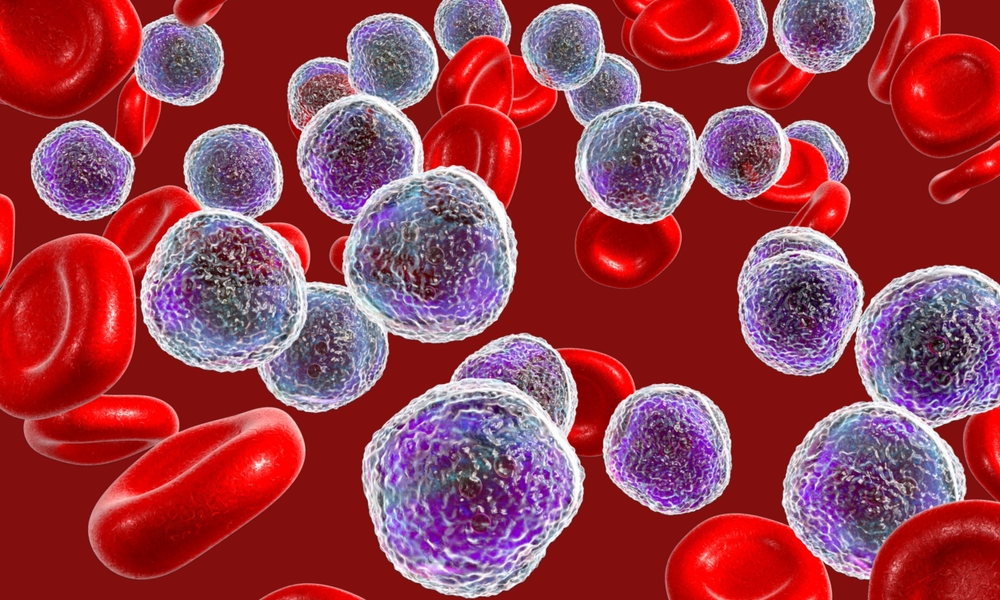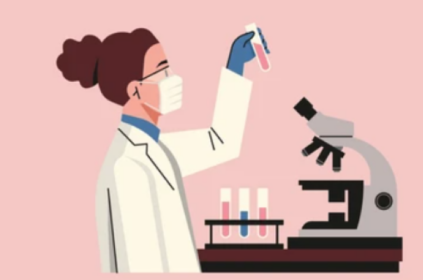Neutrophils are a type of white blood cell that act as the immune system’s primary line of defense. There are certain types of neutrophils in tumors that support tumor growth, but it is not clear how they were generated or whether they were directly responsible for tumor progression.
An article featured this month in MedicalXpress reports that scientists at the A*STAR.Singapore Immunology Network (A*STAR.SIgN) found that neutrophils undergo drastic changes in certain solid tumors and instead of targeting cancer, they promote the growth of tumors. Neutrophils are critical to fighting infections. Therefore, when neutrophils are depleted, cancer patients become susceptible to fatal infections.
In their study, scientists at the Stem Cell & Regenerative Medicine Institute, use a reprogramming process that changes the identity of cells. They return older adult cells back to original stem cells that transition to another cell type such as pro-angiogenic neutrophils. The team studied neutrophils immediately after they entered the tumor in an effort to distinguish tumor-promoting neutrophils from the normal neutrophils that exist in the body.
About Angiogenesis
Angiogenesis is the process in which new blood vessels are formed from old ones. Tumor angiogenesis is the growth of new blood vessels that help cancerous tumors grow. This process is caused by the release of chemicals from the tumor and by host cells near the tumor.
With the ability to identify neutrophils that promote tumors, scientists will be able to target tumors while maintaining normal neutrophil response. The team at A*STAR.SIgN addressed the issue by utilizing an experimental pancreatic model. Their efforts were rewarded when certain types of neutrophils developed new characteristics after they merged with the tumor. The process is called “reprogramming.”
About Reprogramming
Once neutrophils were reprogrammed, they became part of the singular population. Now the team was able to study the way in which reprogrammed neutrophils supported tumor growth. It was determined that reprogramming neutrophils created additional blood vessels in the core of the tumor, allowing the tumor to survive despite lacking sufficient nutrients and oxygen.
To confirm their findings, the researchers blocked reprogrammed neutrophils from functioning and in some cases prevented their interaction with the tumor. The result was the reduction of pancreatic tumor growth in pre-clinical models.
There were similar reprogramming efforts where the team analyzed other human data sets and achieved the same results. This is an indication that a common pathway exists where neutrophils can be modified, and tumor growth increased in certain solid cancers.
The scientists believe that their study bodes well for future approaches that target neutrophil reprogramming together with treatments that also activate the immune system to attack tumors. In this way reprogrammed neutrophils are selectively targeted rather than being targeted randomly.
cancer research oncology pancreatic cancer
Last modified: March 20, 2024











